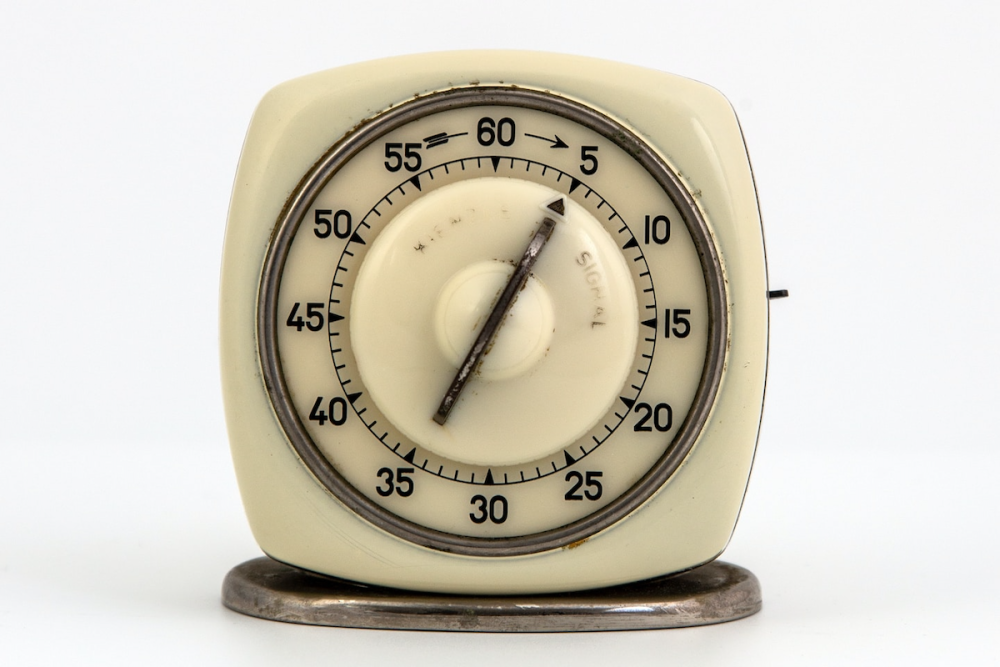
Today’s post is by author and writing coach April Dávila (@aprildavila).
Three years after declaring my intention to be a professional writer, I was frustrated. Despite holding a brand new master’s degree in creative writing, I couldn’t seem to figure out my novel. My short stories were serially rejected by a wide array of publications, I was working full time, and had two little kids. I was exhausted all the time. More than once I considered giving up on my dream of becoming a writer.
Saved by mindfulness
Thankfully, I am nothing if not persistent. About nine years into my journey, things began to shift. I finished my manuscript, found an agent, and signed my first publishing deal. A short story I wrote was not only published, it was nominated for a Pushcart Prize. I wrote a second, more complex novel in a fraction of the time it took me to write the first and while I was doing that, my first novel won the 2021 Women Writing the West Award. My writing career finally felt like it had some momentum.
Looking back with curiosity, I noticed that the changes in my writing practice—my ability to quiet my inner critic, my willingness to be with uncomfortable emotions as I wrote them, my resilience in the face of rejection—all centered around a simultaneously increasing dedication to the practice of mindfulness meditation.
Mindfulness meditation, in addition to offering numerous health benefits, can also improve focus, boost creativity, and even offset the cognitive decline associated with aging. None of this is a surprise to me, as it lines up perfectly with my lived experience, but the number one thing I wish I could share with every writer is how meditation allowed me to completely do away with writer’s block. Forever.
Banish writer’s block
I don’t suffer from writer’s block anymore. Mindfulness meditation has allowed me to pull back the curtain, like Dorothy did to the Mighty Oz, and realize that “writer’s block” is just a catch-all phrase we use to describe the thoughts (conscious or unconscious) that keep us from writing.
These thoughts can be simple (is there a writer alive who hasn’t sat down to write and suddenly realized the dishwasher needs to be emptied?) or complex (our fears and anxieties around writing can be formidable), but they are all just thoughts.
Once we learn to see them as such, we can acknowledge them, put them aside, and continue on with our writing.
Mindfulness of thought
The technique I used to free myself from writer’s block is actually quite simple and only takes five minutes. It is often referred to as mindfulness of thought meditation. Here’s how it works:
Every day, before you begin writing, set a timer for five minutes, find a comfortable seated position, and take a few deep breaths. Closing your eyes can help to minimize distractions, but it’s not required. Then choose something to focus your attention on, such as your breath or the sounds in the room. This will be your anchor, the place to rest your thoughts for the duration of the meditation.
That’s all there is to it. For five minutes you focus on that anchor and do your best to notice when your mind wanders. (Scroll down for a video of this guided meditation.)
You may notice thoughts like “what’s the point of this?” or “this is boring.” Or you may not even notice that your mind has wandered until you realize you’re planning dinner or drafting an email in your mind. Whenever you notice a thought, whatever it is, just let it go and come back to your anchor.
The goal here is not to make your mind blank. Instead, we aim to notice when we get caught up in thoughts. That moment of noticing is what mindfulness is all about. Then let the thought go and come back to the anchor.
Writing as meditation
When the timer goes off after five minutes, simply shift your attention so that the writing becomes your anchor. As you start typing, you will notice thoughts arise.
You may suddenly remember a chore that needs doing, or you might hear a little voice in your head telling you that what you’re writing is crap. These are all just thoughts. Let them go and come back to the anchor. Keep writing.
By practicing this five-minute meditation regularly, you will become a master of focus, able to dismiss distractions before they even fully form as thoughts. This kind of concentrated focus leads to the most delicious state of flow. Words pour onto the page and ideas float up as if out of nowhere.
Finding your flow
Our modern world is swamped with distractions and our brains simply cannot function optimally when we rapidly switch between tasks. When we multitask we are less creative, make more mistakes, and tire quickly.
You can think of your brain as having a limited amount of processing ability, just like a computer. If we have too many programs running at the same time, our thoughts get slow.
The good news is that we can use this limited processing to our advantage. If we focus intensely on one thing (our writing), our ability to process other things falls away. This is why hours tend to fly by when we’re “in the zone.” Our brains are simply too busy being creative to keep track of the clock. As an added bonus, focusing deeply on something that is interesting to us produces dopamine and makes us feel good.
Even if you only rarely suffer from writer’s block, you can keep this five-minute mindfulness of thought exercise handy to help you break through when it does arise. Once you get used to engaging in that wonderful state of flow whenever you wish, you just might find yourself becoming a regular meditator.

April Dávila is an award-winning author and writing coach. Publisher’s Weekly called her debut novel, 142 Ostriches, a “vivid, uplifting debut” and the book went on to win the WILLA Award for Women Writing the West. Writer’s Digest listed her blog (at aprildavila.com) as one of the Best 101 Websites for Writers and she is the creator of the Sit Write Here writing coaching program. She is a practicing Buddhist, a half-hearted gardener, and occasional runner. Her second novel is forthcoming.

What an excellent and important essay for all writers, April Davila. I have always felt that writing (especially in flow) is a form of mindfulness itself (albeit bumpy and weird).Perhaps you are pointing the way here through the idea of starting out with 5 minutes of focused mindfulness with the writing that comes after the next step in the process.
Fabulous you posted this, as I do it all the time when I get stuck. And it works. What more can I say? It works.